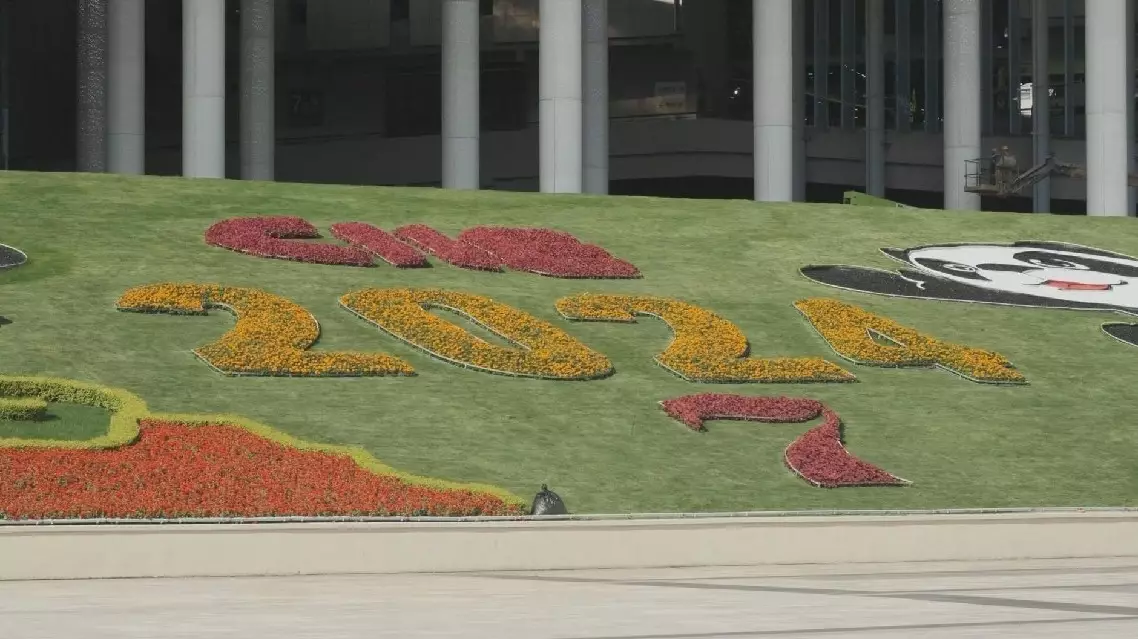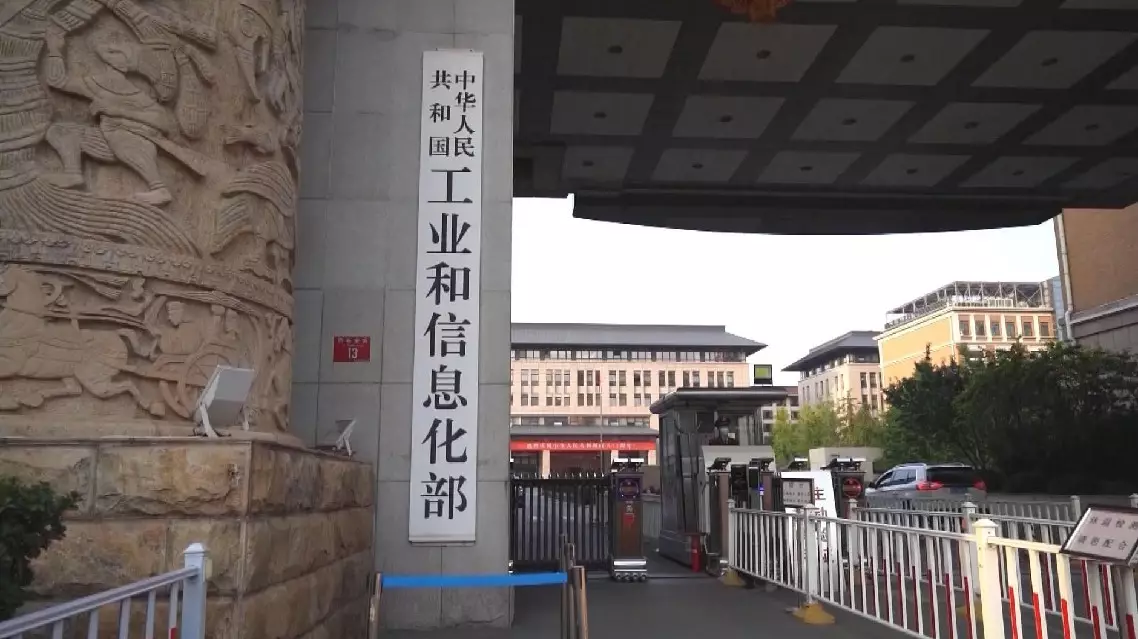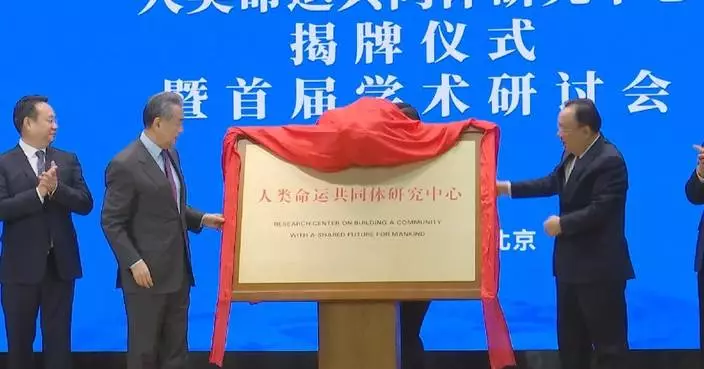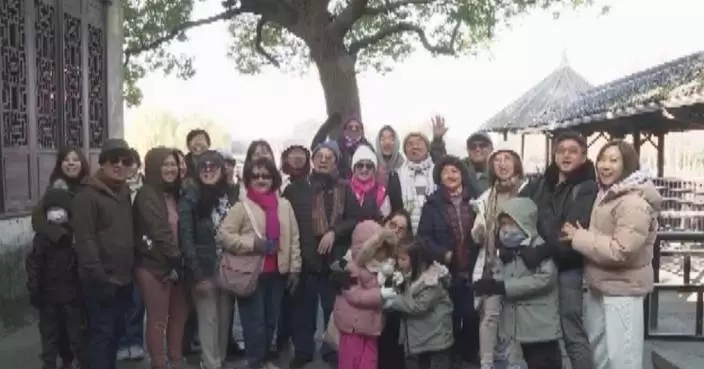Global business leaders in the healthcare, food, and hospitality sectors remain optimistic about China's market prospects, citing its vast potential despite persistent challenges and "growing pains".
The 7th China International Import Expo (CIIE), running from Tuesday to Sunday in Shanghai, has attracted 3,496 exhibitors from 129 countries and regions to its business exhibition.
In exclusive interviews with China Global Television Network (CGTN) in Shanghai, international business leaders participating in this year's CIIE expressed confidence in China's economic outlook, offering their insightful analyses of the country's consumer markets.
Ben Cheong, senior vice president of China operations at U.S. medical device maker Edwards Lifesciences, acknowledged the challenges the company faces in both the Chinese market and healthcare sector but stressed that the country's large aging population and supportive government policies continue to present significant opportunities for growth.
"There will always be challenges. There will always be challenges in every country and in every industry. Ours is no difference. But maybe we approach that with a slightly different lens as well, because I think first of all, we have a really good base to start with. It's a huge population and it's aging. And the economy is still growing, no matter what. So with the economy growing, we feel that in China being a more mostly self-pay healthcare market, people are able to afford more healthcare options. That's good going forward. We see the governments also increasing reimbursement levels to help the hospitals and to help the patients," said Cheong.
Dan Boulton, chief executive of Silver Fern Farms, New Zealand's largest red meat exporter, said that China remains a key market for the company even as competition intensifies.
"Definitely demand has been softer, but for the red meat sector, for New Zealand, China still has been a really important market, a three billion-New Zealand dollar-market (about 1.79 billion U.S. dollars) in the last 12 months. So, still very, very sizable and still huge amounts of opportunity. When I see the challenges, I see the opportunities as well, because I see particularly red meat consumption in China continuing to grow. It has one of the lower red meat consumption per capita compared with other Asian countries, but what some of the challenges is more and more competitive options coming into the China market. So for New Zealand, we need to work harder, we need to make sure we really understand the Chinese consumers, and which consumers value what we do in New Zealand," he said.
Liu Haiqing, global vice president of IHG Hotels & Resorts, pointed out that overall travel consumption continues to grow even as per capita figures show signs of waning.
"I'll give you a few figures. In National [Day] Holiday golden week this year, we've seen 763 million trips being made domestically, and people spending some 700 billion RMB (about 97.5 billion U.S. dollars) on those trips, which represents number-wise about a ten percent jump versus 2019, while money-wise only about eight percent jump versus 2019. It's simple math, which represents a per capita consumption that goes down by two percent," said Liu.
"I look at it as a mixed bag. Five years ago, hypothetically, ten percent of the Chinese population were traveling. This is the tip of the iceberg, so they were spending on that level. Of course, you have a higher rate. Now, 30 percent of the population is traveling. You are going deeper, as you said, into the market down the value chain. So more people are traveling and spending, and consuming your products. Of course it will be diluted, of course per capita consumption is going down. So I look at it as growing pains," he continued.
Themed "New Era, Shared Future," this year's CIIE has marked a significant milestone with the participation of 297 Fortune Global 500 companies and leading industry players from around the world.
The CIIE is held annually at the National Exhibition and Convention Center in Shanghai. Since its first edition in 2018, this expo has become an important stage spotlighting China's new development paradigm, a platform for high-level opening up and a public good for the whole world.

Global business leaders see vast opportunities in China amid challenges









